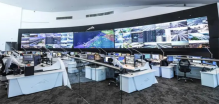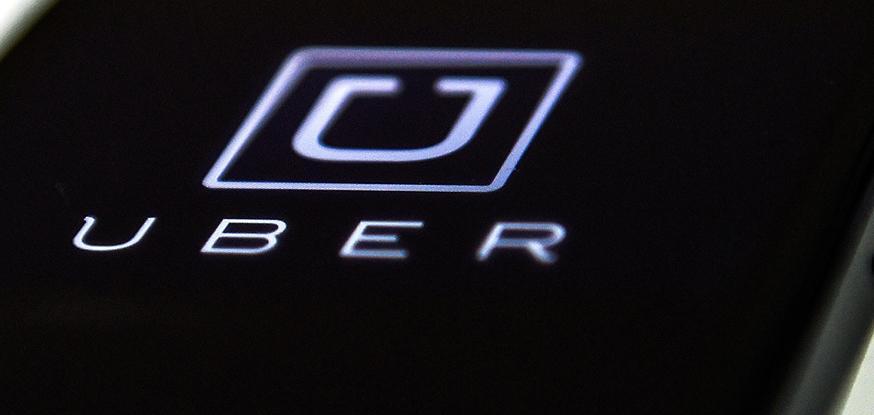Uber has already hired eight students from the University of Toronto - and the professor Urtasun intends to recruit dozens more in their attempts to develop self-driving technology, which is dominating the motor industry with the world's leading companies all carrying out their own R&D on self-driving technology.
Urtasun has described Toronto as the perfect location for Uber's new facility - claiming that the city has been a leader in AI for years. She told Tech Crunch: "Toronto has been a leader in AI over the years, really for the past two decades, and there is finally a realization that there is incredible talent, and this talent was mostly being exported to the U.S. In fact, the Canadian government just recently approved self-driving cars for testing on roads in the province of Ontario."
Silicon Valley has expressed nervousness over President Trump's stance on immigration - and many believe more and more organization like Uber - may look to places like Canada in order to set-up centers like the one in Toronto.
That uncertainty can potentially boost Canada's burgeoning tech scene - and immigration lawyers in Canada have reported an influx of interest from non-citizen tech workers in the US. In addition to this, a business called TrueNorth has been established to help move employees potentially affected by any H-1B visa changes over to Vancouver.
Uber has also used its fair share of H-1B's. A little over 500 of Uber's H-1B visa applications were certified in 2016, according to data from the Department of Labor.


















